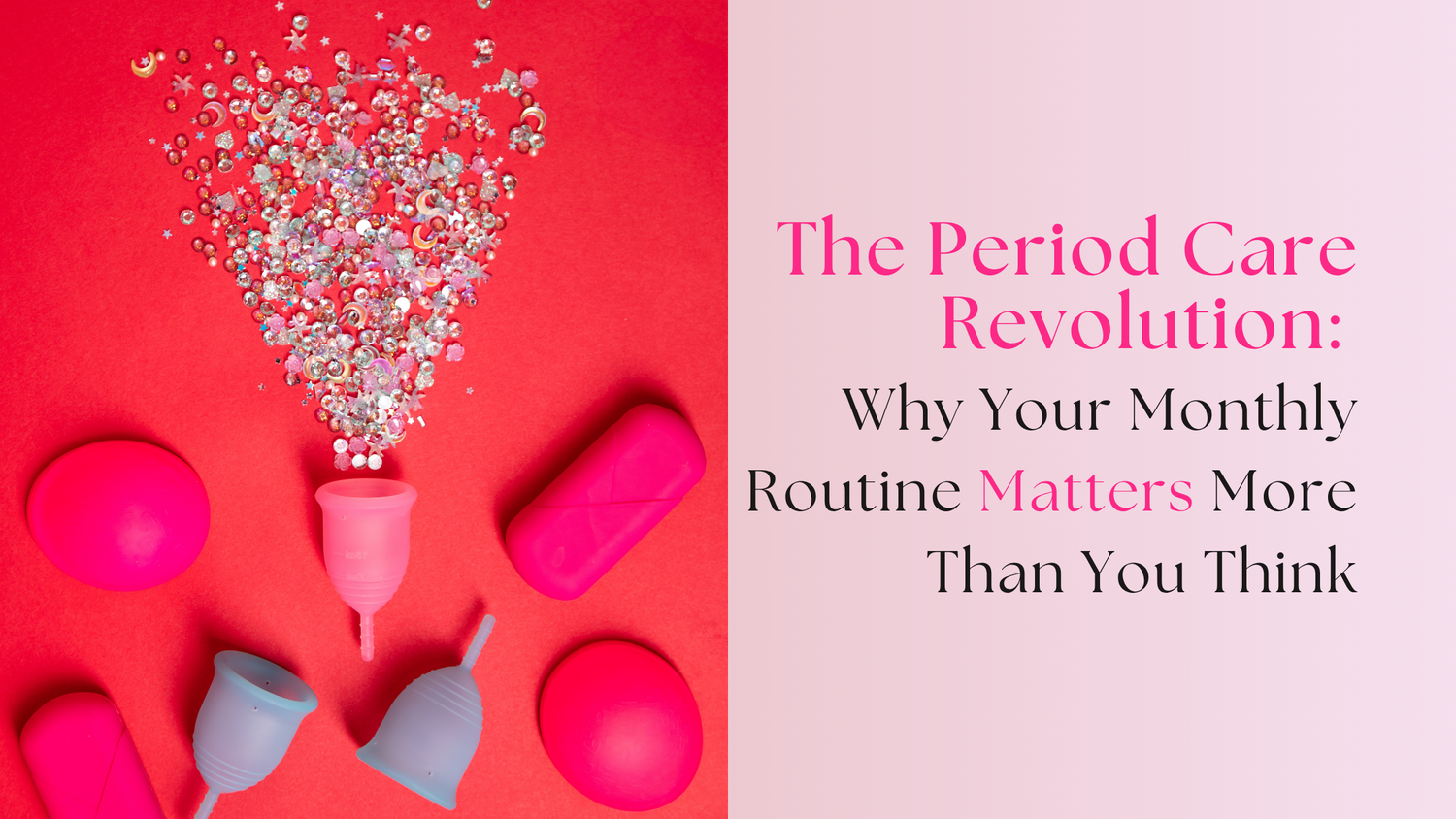Navigating Life Mindfully
Life, much like the holiday season, can be filled with joy and celebration but also comes with its share of stress. This stress can significantly impact both mental and physical well-being at any time of the year. It's particularly influential on hormonal health, leading to imbalances that manifest as fatigue, mood swings, or menstrual irregularities. Understanding and nurturing the mind-body connection is essential for managing stress and maintaining hormonal health throughout the year.

Understanding the Impact of Stress on Hormonal Health
Stress triggers the release of cortisol, the body’s primary stress hormone. Chronic elevated levels of cortisol can disrupt the delicate hormonal balance, affecting everything from menstrual cycles to mood regulation.
Practice Mindfulness and Meditation
Incorporate mindfulness practices like meditation, deep breathing, or yoga into your routine to lower cortisol levels and reduce stress impact on your hormonal balance. Start with just 5-10 minutes a day and gradually increase.
Maintain a Balanced Diet
Focus on a diet rich in fruits, vegetables, lean proteins, and whole grains, including foods that support hormonal health like fatty fish, nuts, and seeds. This can help stabilize mood swings and energy levels.
Regular Physical Activity
Engage in activities like walking, cycling, or swimming to reduce cortisol levels and stimulate endorphins, improving mood and well-being. Aim for at least 30 minutes most days of the week.
Prioritize Sleep
Getting enough quality sleep is crucial for regulating stress hormones and overall hormonal balance. Create a calming bedtime routine and aim for 7-9 hours of sleep per night.
Herbal Supplements and Teas
Consider herbs like ashwagandha, chamomile, or lavender to lower cortisol levels and soothe the nervous system. Always consult a healthcare professional before starting new supplements.
Journaling for Emotional Release
Journaling can be a therapeutic way to process emotions and reduce mental stress. Write each night to reflect and unwind.
Social Support and Connection
Stay connected with friends and family or join a support group. Social support can reduce stress and loneliness, positively impacting hormonal health.
Time Management and Boundaries
Set realistic expectations and learn to say no when necessary. Managing your time effectively and setting boundaries can prevent overcommitment and reduce stress.
Breathing Exercises and Relaxation Techniques
Practice techniques like progressive muscle relaxation to instantly lower stress levels and calm the mind. Use these techniques whenever you feel overwhelmed.
Nature Therapy
Spend time outdoors in natural settings to lower stress hormone levels and promote well-being. Try to spend time outside daily.
Conclusion: A Holistic Approach to Managing Stress
Managing stress through a holistic approach can significantly benefit hormonal health. By practicing mindfulness, maintaining a balanced diet, staying active, prioritizing sleep, and finding healthy ways to process emotions, you can navigate life with greater ease and balance. Taking care of your mind is just as important as taking care of your body. Embrace these practices throughout the year to maintain your hormonal health and enjoy life to its fullest.





